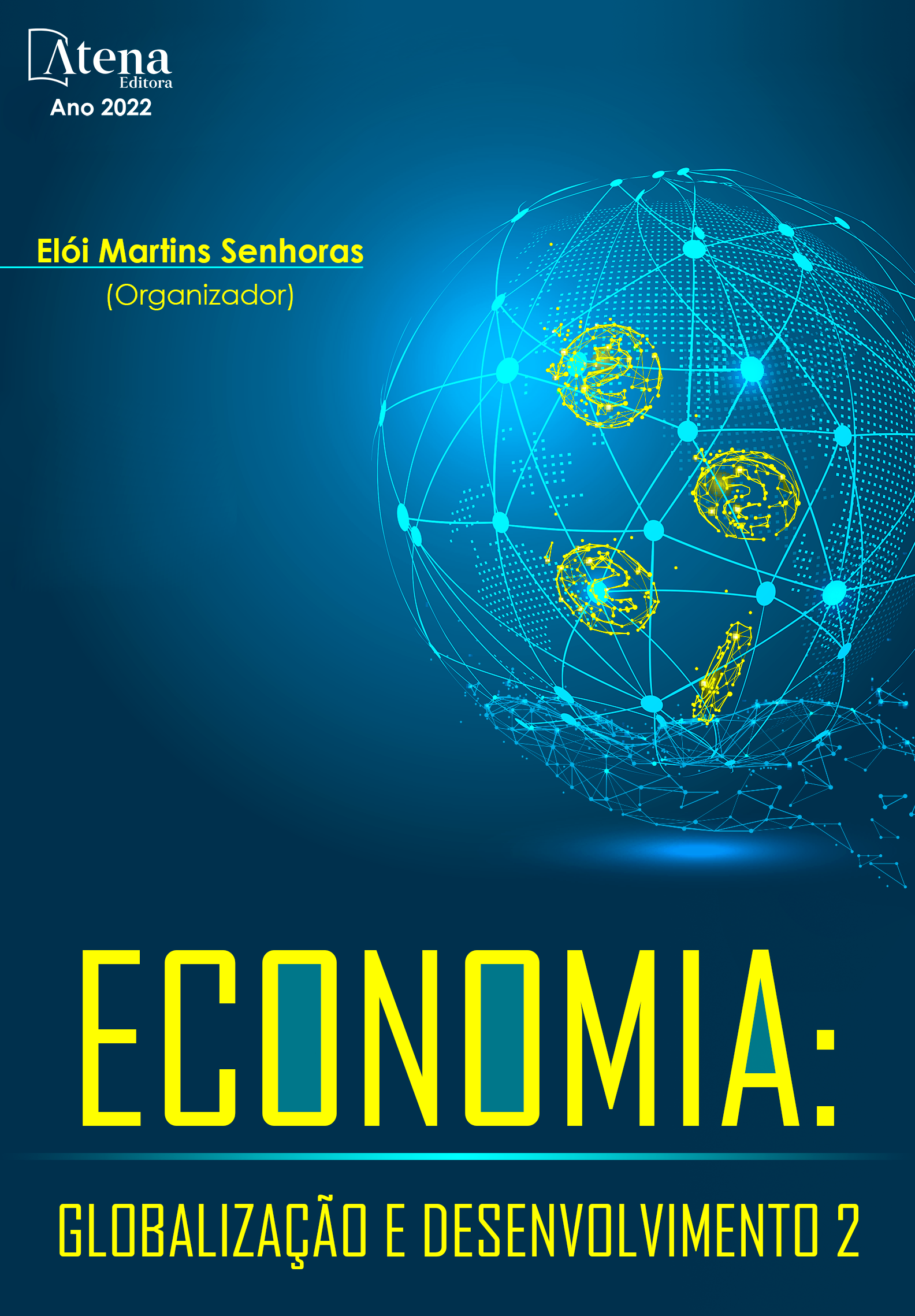
Dos Concepciones entre las Empresas Recuperadas por sus Trabajadores. Disputas formativas por el sentido de la autogestión en la trayectoria de IMPA
El presente capítulo analiza las disputas políticas entre las Empresas Recuperadas por sus Trabajadores (ERT). Nosotros examinamos la recuperación de empresas como una disputa entre estrategias de formación del capital y del trabajo, que se juega entre el (auto)disciplinamiento individual y el (auto)ejercitamiento de la organización colectiva, dirigido a apropiarse de los medios de producción. Nuestro objetivo es avanzar en la compresión sobre los sentidos atribuidos por los trabajadores a la recuperación de su empresa y el carácter de las disputas emergentes entre ellos durante la fase autogestiva.
Para comprender las disputas entre los trabajadores de una ERT sobre qué finalidad atribuyen a su empresa, abordamos el caso de la metalúrgica IMPA, una emblemática ERT porteña, protagonista de varias recuperaciones y de la noción de “Fábrica Abierta”, albergando a diversas organizaciones sociales en su planta. Se trata de un caso privilegiado para examinar las disputas por el sentido asignado a la recuperación de empresas, pues la trayectoria de IMPA está marcada por traumáticas rupturas internas, que han cambiado, más de una vez, la orientación otorgada por los trabajadores a la finalidad de su empresa. Al destacar dos episodios, la “fractura” del 2005 y la llamada “2ª recuperación” del 2008, vemos a esa disputa enraizarse de tal manera que determina no sólo los conflictos dentro de una ERT, sino que también establece a dos tipos de ERTs: las que adoptan el carácter de “Empresas Sociales” en contraste con las estrictamente “Productivistas”.
Dos Concepciones entre las Empresas Recuperadas por sus Trabajadores. Disputas formativas por el sentido de la autogestión en la trayectoria de IMPA
-
DOI: 10.22533/at.ed.69122240113
-
Palavras-chave: Empresas Recuperadas por sus Trabajadores; acción colectiva; etnografía participativa; estratégia formativa; movimientos sociales
-
Keywords: Worker-Recovered Enterprises; collective action; participative ethnography; formative strategy; social movements;
-
Abstract:
This chapter analyzes the political disputes among the Recovered Worker-Owned Enterprises (ERTs). We examine the recovery of enterprises as a dispute between capital and labor formation strategies, which plays out between the individual self-disciplining and the (self-) exercising of the collective organization, aimed at the appropriation of the means of production. Our objective is to advance in the understanding of the meanings attributed by the workers to the recovery of their enterprise and to characterize the emerging disputes between them.
In order to understand the disputes among the workers of an ERT, we analyze the case of the metallurgical company IMPA, an emblematic ERT in Buenos Aires, protagonist of several others recoveries of factories and to implement the notion of "Open Factory", hosting several social organizations in its plant. This is a privileged case to examine the disputes over the meaning assigned to the recovery of companies, since IMPA's trajectory is marked by traumatic internal ruptures, which have changed, more than once, the orientation given by the workers to the purpose of their company. By highlighting two episodes, the "fracture" of 2005 and the so-called "2nd recovery" of 2008, we see this dispute taking root in such a way that it determines not only the conflicts within an ERT, but also establishes two types of ERTs: those that adopt the character of "Social Enterprises" in contrast to the strictly "Productivist" ones.
-
Número de páginas: 14
- Ramon Rodrigues Ramalho


